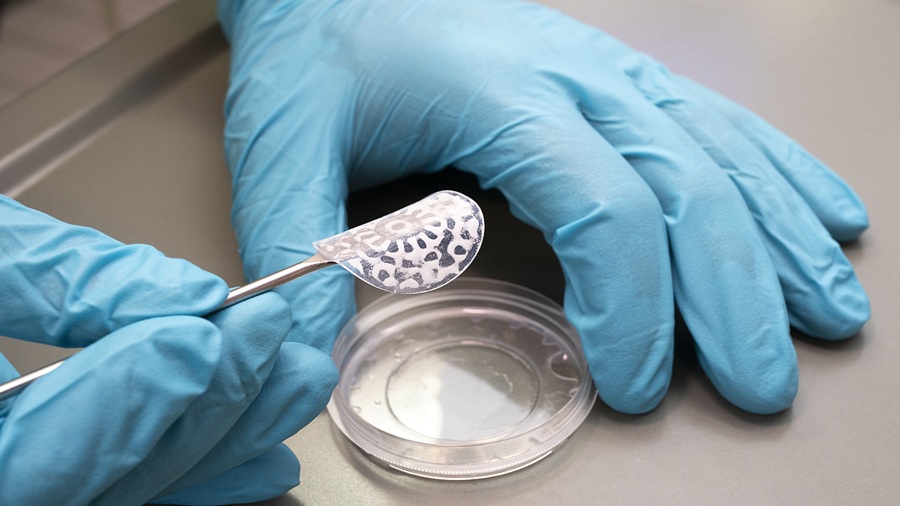Research beyond borders

With new, transitional measures now firmly in place for researchers and research institutions based in Switzerland to regain access to almost all calls for proposals in Horizon Europe, how does this affect our scientists at the AO Research Institute Davos (ARI)?
ARI Vice-Director Martin Stoddart had secured participation in two large-scale EU-funded projects, cmRNAbone and Carthago, in 2020, shortly before Switzerland was excluded from important parts of the Horizon Europe program in June 2021. “We were lucky not to have suffered much from Switzerland’s exclusion for the past four years and that we already had our programs in place and running during this difficult period for many research institutions based in Switzerland.”
As of January 1, 2025, a transitional arrangement between Switzerland and the EU, leading up to the formal conclusion and signing of future bilateral agreements, ensures the renewed participation of Swiss researchers in almost all parts of the Horizon Europe program. “One important change for us is that we can again apply as fully integrated partners,” explained Stoddart, who heads the ARI’s Regenerative Orthopaedics program. “The re-establishment of Switzerland as an associated member for EU grant applications is a major relief. International collaboration is key for new developments, and this move will allow us to interact more smoothly with our many European partners.”
Peter Varga, the ARI’s Program Leader Biomedical Development, who currently participates in two EU-funded projects—BoneFix and I-SMarD—is equally optimistic about the transitional measures: “Access to EU grant funding is important for our participation in large-scale international and multidisciplinary consortium projects. The novel evolution in the regulations is very encouraging in this regard.”

